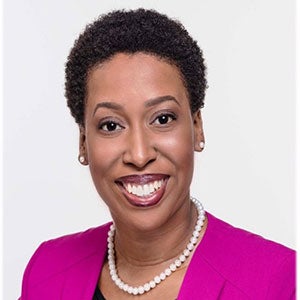Many things in life bring uncertainty, with 2024 being a national election year and related concerns adding to it. The weight of uncertainty can cause stress and can also be exhausting. In the face of that stress, the semester marches on, making it challenging at times to show up for our colleagues and students alike. As educators, and in our other roles, it matters how we manage these challenges. To help us show up for our students, colleagues, and those we love, ATL hosted a virtual conversation about coping with uncertainty and navigating challenging classroom interactions, especially during this election season.
On Friday, November 8th, 2024, Dr. Courtney Wright, Associate Professor of Communication Studies at the University of Tennessee – Knoxville, facilitated a stirring discussion around uncertainty and helped those in attendance from URI to gain strategies for showing up for students in what at times has been a stressful season for everyone.
Event Details
Date: Friday, November 8, 2024
Time: Noon – 1:15pm
Location: Zoom
This event has been completed.
Speaker Bio

Dr. Courtney N. Wright is an Associate Professor of Communication Studies at the University of Tennessee at Knoxville. She is a graduate of Northwestern University (Ph.D., M.A.) and Vanderbilt University (B.S., Peabody College). Her multidisciplinary background spans the social sciences, humanities, and STEM disciplines.
Courtney has over 18 years of experience in teaching and learning, interpersonal communication, and conflict resolution. Her teaching, research, and consulting activities focus on enhancing capacities to manage conflict, engage in difficult dialogues, and communicate across differences to advance inclusion, diversity, equity and access (IDEA). She enjoys working with organizations, education professionals and community groups to improve their effectiveness in these and related areas. Courtney is an award-winning educator and researcher whose work has appeared in academic journals, edited books, and Inside Higher Ed. Her professional training and certification areas include intergroup dialogue, civil/family mediation, ombuds practice, diversity education facilitation, intercultural development, and secondary education.
